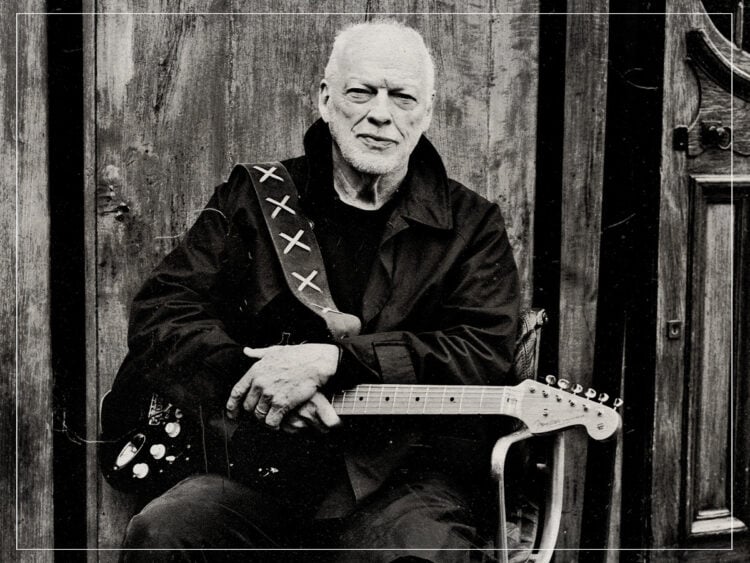In the early 2000s, Russell Crowe sought to revive his iconic role as Maximus Meridius in a Gladiator sequel, but not through the plans initially discussed with director Ridley Scott and the original film’s writers. Those discussions centered on exploring other aspects of Roman history but were hindered by Maximus’s death in the first film. This left Crowe with no role to play, leading him to approach Nick Cave, the famed musician and screenwriter, to create a new script for the sequel. Crowe’s request to Cave was simple: figure out a way to bring Maximus back to life.

Nick Cave, known for his intense, dark storytelling, crafted a screenplay that diverged sharply from typical blockbuster fare. In Cave’s version, Maximus awakens in a purgatorial realm, where he meets the dying Roman gods. These gods, weakened by the rise of monotheism, urge Maximus to eliminate the rogue god Hephaestus, who threatens their existence. Maximus embarks on a journey to find Hephaestus, encountering a young Christian named Lucius, who is positioned as the film’s antagonist. Along the way, Maximus reconnects with his son, now a grown Christian, and allies with Christians to battle Lucius and his Roman soldiers.
The script takes a notable departure from traditional action sequences associated with the Gladiator franchise. Instead of featuring Maximus in the gladiatorial arena, the film focuses on philosophical and theological themes. Maximus’s journey, which leads him through the afterlife and historical battles, emphasizes a critique of war and the consequences of defiance against the gods. One of the most striking aspects of Cave’s script is its depiction of Maximus, who becomes a near-immortal figure, cursed to fight in successive wars throughout history, culminating in a chilling present-day scenario where he is shown participating in the War on Terror.
Cave’s vision was bold, and it included elements that would likely have been considered too unconventional for a commercial Gladiator sequel. The original movie’s themes of honor and heroism were subverted in Cave’s script, where Maximus’s journey seemed more like a critique of modern warfare, reflecting the harsh realities of an immortal existence. The ending, in particular, was a bold commentary on the cyclical nature of violence and war, showing Maximus’s transformation into a figure akin to the real-world military-industrial complex.
However, when Crowe read Cave’s script, he was not impressed, famously dismissing it with a simple “Don’t like it, mate.” Ridley Scott, despite acknowledging Cave’s creativity, also struggled with the direction the script took, especially as it veered into time warps and historical anachronisms. The script’s increasingly surreal elements, such as Maximus fighting in wars spanning from the Crusades to Vietnam, eventually led Scott to abandon the project. According to Scott, the script became “too rich,” and the story lost its grounding in reality.

Despite the rejection, Cave’s version of Gladiator II gained a cult following when it surfaced online, with many fans fascinated by its audacious themes and bold narrative choices. The story of Maximus’s battle against the gods and his ultimate fate resonated with those interested in the philosophical implications of the first film. Cave’s script remains a fascinating glimpse into an alternative version of the Gladiator saga, one that challenged the conventions of Hollywood sequels and explored deeper, more existential questions about power, violence, and immortality.



